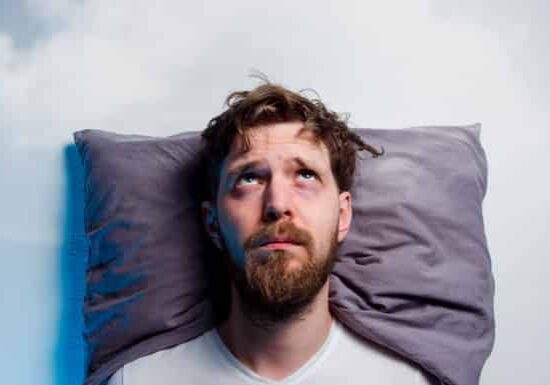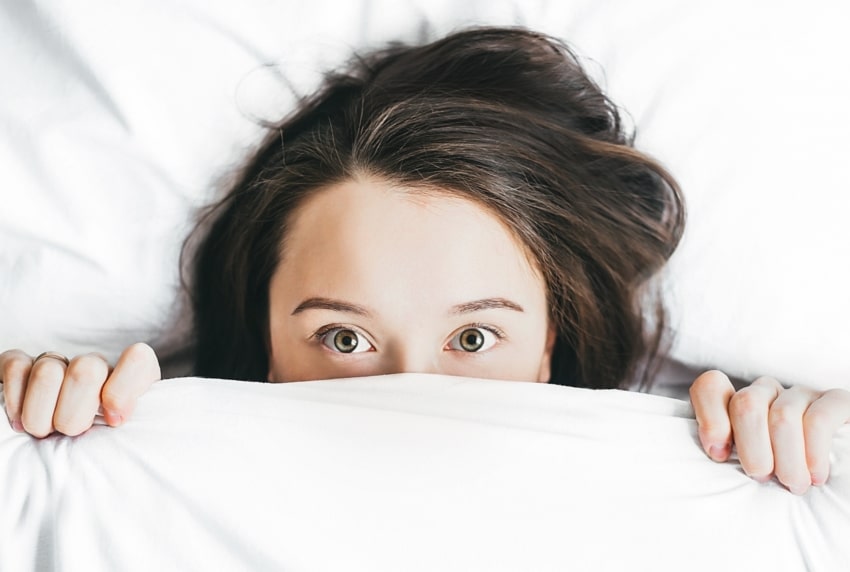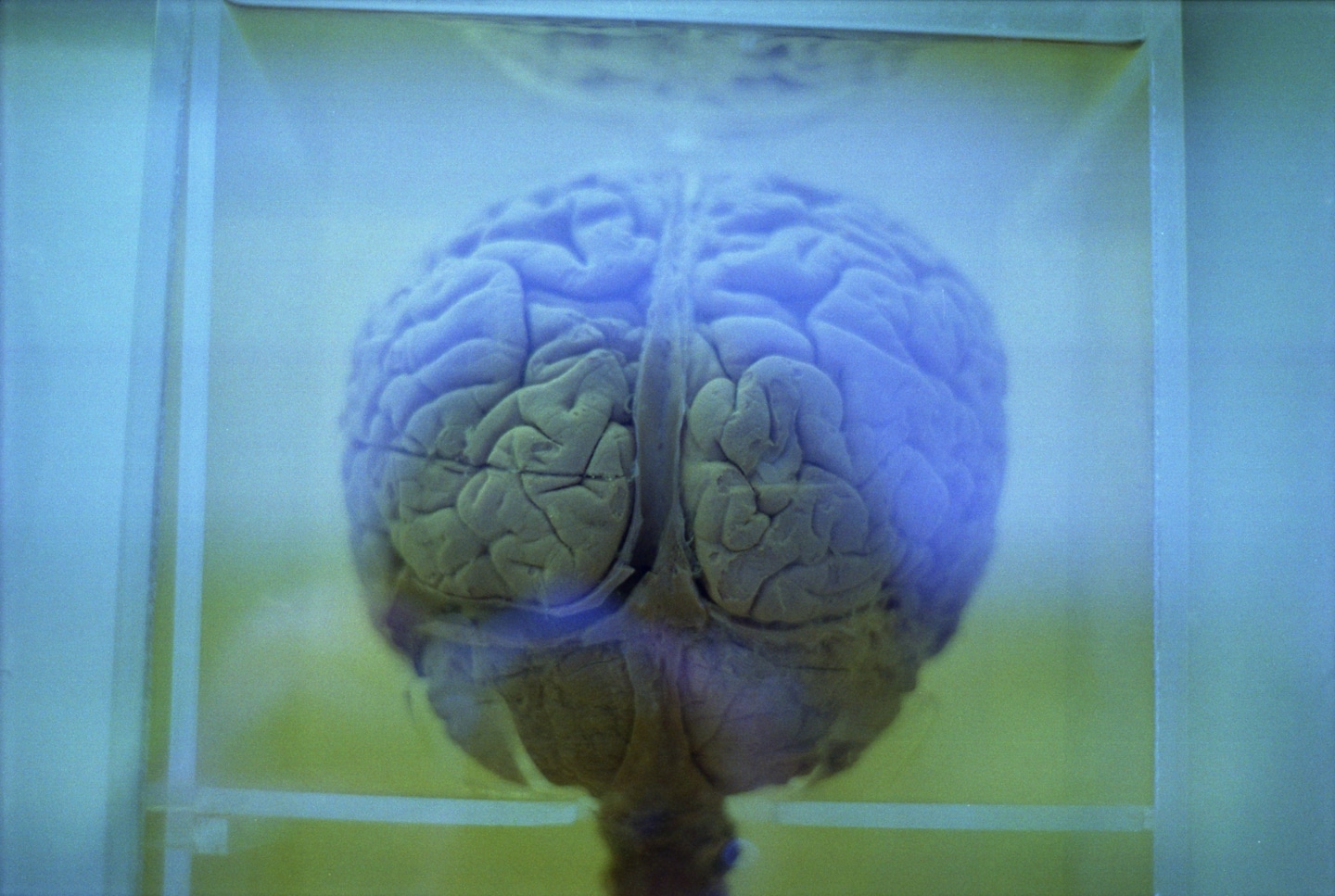Why are People Sleeping Less and Why Does It Matter?
Updated: June 19, 2024
Published: March 6, 2019

According to the American Academy of Sleep Medicine and the Sleep Research Society, the minimum recommended amount of sleep per night is 7 hours. However, a recent study has shown that on average, people are sleeping less than 7 hours per night. In fact, in the United States and many Eastern countries, this number has fallen below 6 hours per night.
Detrimental side effects of too little sleep include an increased risk of accidents, as well as a higher chance of developing conditions like diabetes and obesity. In the most extreme cases, sleep deprivation can be deadly.
In 2004, U.S. researchers began to notice a slight drop in sleep time, and by in 2017, a full one-third of Americans (32.9%) reported 6 hours or less a night.
A demographic breakdown indicates that black Americans were more likely (40.9%) to report getting inadequate sleep (defined as less than 6 hours) as compared to their white and Hispanic counterparts, of which 30.9% and 32.9%, respectively, reported inadequate sleep hours.

Source: Unsplash
So, what has happened that has disrupted sleep for such a large portion of the population?
Researchers believe that smartphones and other screen-based technologies are adding to stress and anxiety levels, which, in turn, hinder sleep. Over the last ten years, the number of adults owning a cellphone has more than doubled.
How do these numbers compare to the rest of the world?
The truth is that it’s not only Americans who are lacking shut-eye. Out of 48 participating countries in another study, no country is averaging the 8 hours that was once standard in the mid-20th century. If you’re wondering where people sleep the least, here’s what the data reveals:
- Japan: 5 hours and 59 minutes
- Saudi Arabia: 6 hours and 8 minutes
- Sweden: 6 hours and 10 minutes
- India: 6 hours and 20 minutes
- The Philippines: 6 hours and 22 minutes
On the other side of the coin, those in New Zealand are averaging 7 hours and 30 minutes, followed closely by the Netherlands with 7 hours and 28 minutes on average. Finland, Great Britain, and Ireland come in 3rd, 4th and 5th place, respectively.

Source: Flickr
Sleep and the Brain
When we sleep, our brains switch between two types of waves, namely slow-wave sleep (deep sleep), or SWS, and rapid eye movement (dreaming), referred to as REM.
SWS takes up about 80% of sleep time and is characterized by deep breathing and relaxed muscles. During this type of sleep, our brain “sorts” through memories, transferring the more relevant experiences into long-term memory and clearing through the others. This happens as synapses, or the connections between neurons, are pruned back.
During REM cycles, the brain is highly active. As we experience dreams, the body is paralyzed and the heart rate speeds up.
The quality of sleep is of utmost importance over quantity, but as a whole, sleep is important because without it, its deprivation can be fatal at worst. At best, functioning on too little sleep will cause concentration issues, memory problems as severe as dementia over the long term, physical ailments, and poor functioning for the body, mind, and overall well-being.
While each person has different requirements for their optimal level of sleep, the recommended 7 to 9 hours for adults is becoming a less realistic target as time progresses, and perhaps, as technology advances.
Tips For Better Sleep
Like exercising and eating healthy, choosing good habits can help aid in better sleep. To name a few, these include:
- Access natural light during the day to regulate your circadian rhythm (natural clock)
- Reduce blue light exposure (the light that emanates from electronic devices), especially at night
- Drink caffeine earlier in the day, if at all
- Avoid alcohol
- Exercise regularly
- Take a hot bath or shower closer to bedtime, if possible
- Don’t eat right before bed and if you choose a late-night snack, make it healthy (less than 200 calories is advised)
